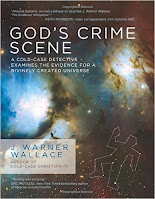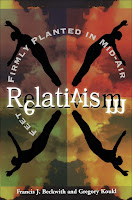Introduction
Since the recent attacks by Muslim extremists in Paris, there has been much debate on the internet and in the media about whether or not it is wise for America (or any other western country) to accept refugees from Islamic countries. I've heard the arguments for both sides. One side says we must accept every refugee that seeks asylum because it is our duty to protect their lives, while the other side says that we should not because it is our duty to protect our own lives. The debate in America has even become politically polarized. Liberals tend to be on the side of accepting them, and conservatives are saying to reject them. Liberals are accusing conservatives (mainly conservative Christians) of being hypocritical in refusing to care for the widows and orphans (James 1:27); while conservatives accuse liberals of refusing to protect the people God has placed under their protection. I have seen Christians taking both sides (yes, I'm guilty too). Since this is an issue that I do not see going away as long as evil exists in our world (it is not just an issue that we will deal with today), I do feel the need to address it.My intention with this post is not to get political, but to help Christians think through the situation given the truth of the Christian worldview. It is important that Christians take a position that is consistent with their worldview; otherwise, they will be accused of hypocrisy, and that will be used by the skeptic as a reason to believe that Christianity is not true. This is not only a practical issue, it is an apologetic issue.



